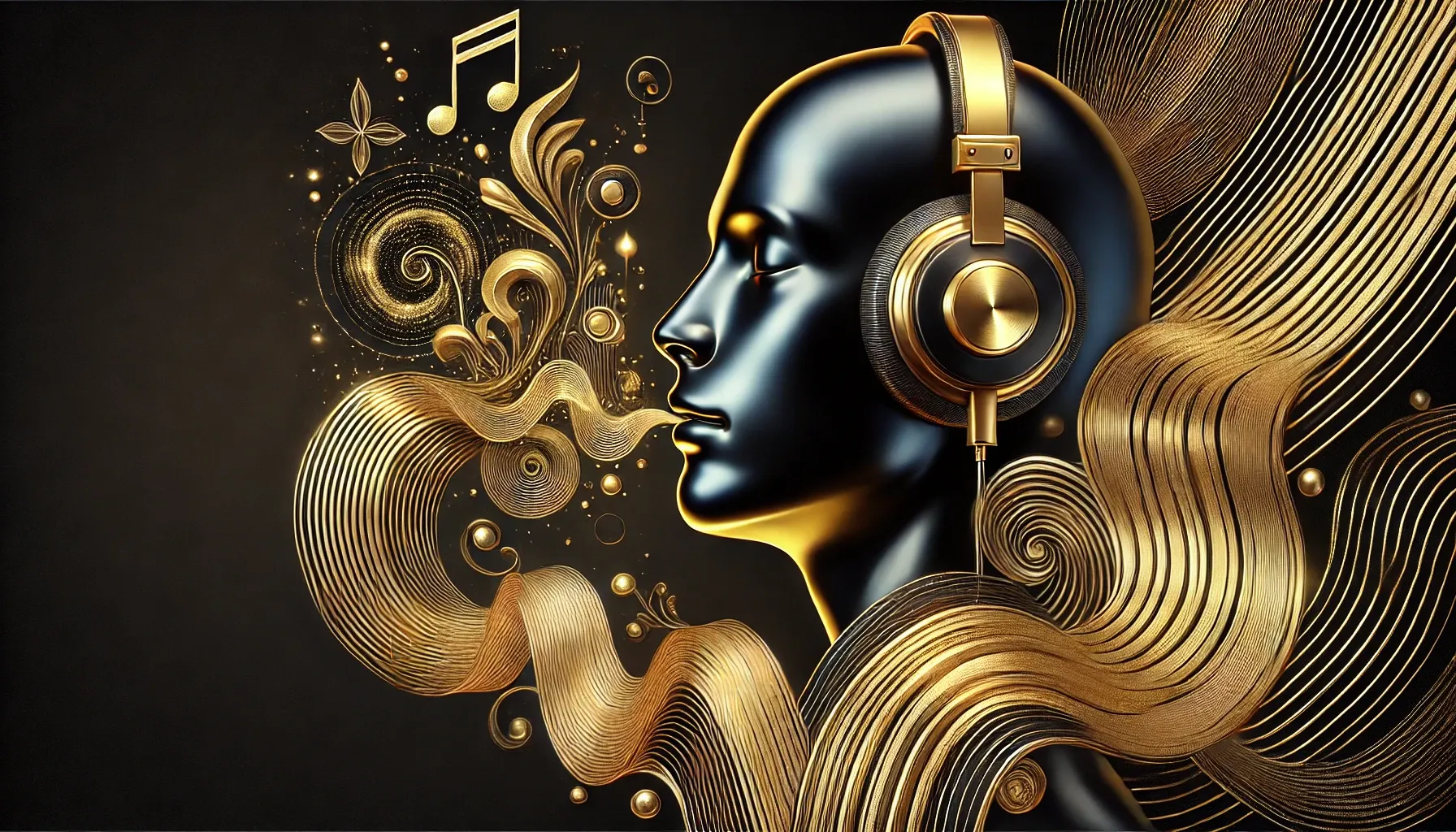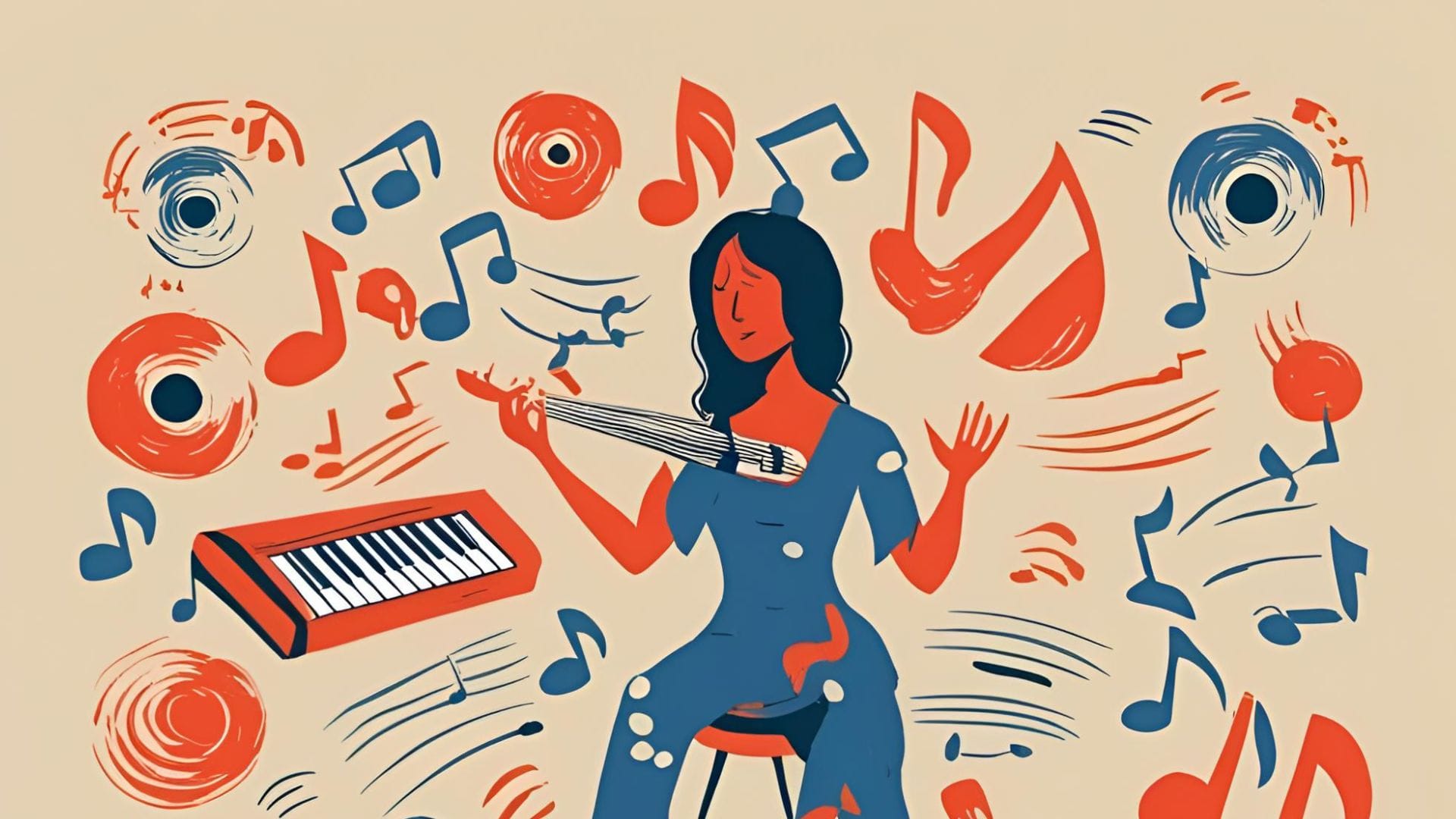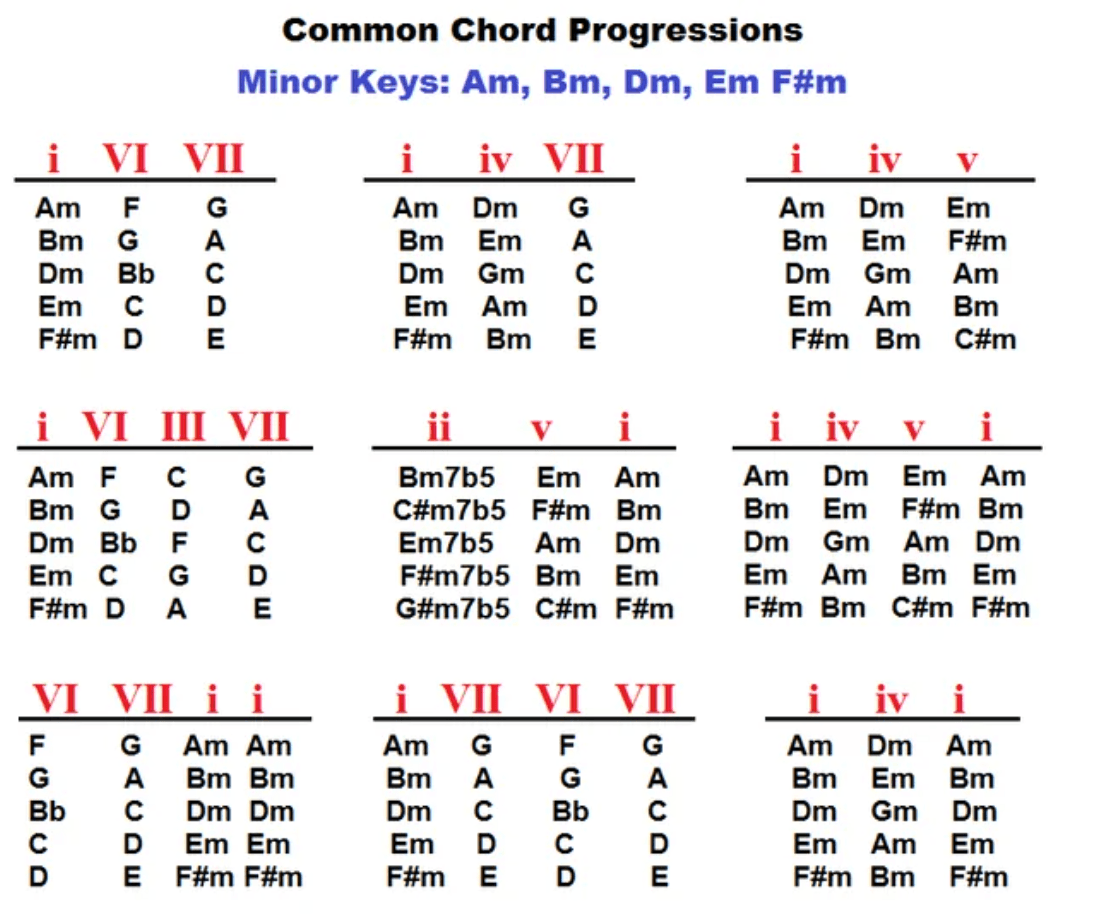Music and Emotions: Understanding the Connection
The relationship between music and emotions is a powerful one, influencing our feelings and state of mind in profound ways. Music has the power to touch a wide range of emotions and influence our moods significantly. Throughout history, music has been a universal language in expressing our emotions across different cultures. This blog post aims to explore the psychological and neurological connections between music and emotion. We will also provide practical tips on leveraging music for mood regulation and enhanced listening experiences.
Understanding the connection between music and emotional well-being is crucial. By understanding this connection, we can use music intentionally to improve mental health and overall well-being.

The Psychology of Music
Music psychology is the study of how music affects human behavior, emotions, and cognition. It explores why music has such a significant impact on our feelings and actions.
Musical elements such as tempo, key, and rhythm have a profound influence on emotions. For instance, fast-paced music typically evokes feelings of excitement, happiness, or anxiety, while slow-tempo music often induces relaxation, sadness, or contemplation.
Music in major keys is generally perceived as happy or uplifting, whereas music in minor keys tends to sound sad or melancholic.
Steady rhythms can create a sense of stability and calm, while complex or syncopated rhythms may induce feelings of surprise or tension. Explore how different global musical instruments influence emotions by reading [The Global Symphony: Explore Musical Instruments and Sounds From All Seven Continents]
Music's psychological impact can also alter our perception of time and space, making experiences seem longer or shorter. It can also influence decision-making processes, such as consumer purchases in retail environments. Composers and filmmakers often use music to convey a specific emotions, while advertisers utilize it to influence consumer emotions and behaviors.
For more on this, please refer to: [Frontiers in Psychology - The Emotional Power of Music].
Neurological Connections Between Music and Emotion
Let's take a look at the neurological connection.
The amygdala processes emotions such as fear, pleasure, and anger, and plays a role in emotional memory formation.
The hippocampus is critical for memory consolidation and spatial navigation, linking music to personal memories and experiences.
The nucleus accumbens is part of the brain's reward circuitry and releases dopamine in response to pleasurable stimuli like music.
The prefrontal cortex, involved in decision-making and moderating social behavior, assists in interpreting and predicting musical patterns.
Listening to pleasurable music can trigger the release of dopamine, a neurotransmitter associated with feelings of pleasure and reward. Music can also increase levels of serotonin, improving mood and social bonding, while oxytocin release enhances feelings of trust and connection. Additionally, music can decrease cortisol levels, reducing stress and anxiety.
For more on these concepts, visit the following websites: [PMC Article - The Neurochemistry of Music](https://www.ncbi.nlm.nih.gov/pmc/articles/PMC6365084/) and [Harvard Medical School - How Music Reshapes the Brain](https://hms.harvard.edu/news/how-music-can-fine-tune-brain).
Music and Mood Regulation
Music and mood are deeply interrelated. Individuals often choose music that reflects or alters their current emotional state, using music as a tool for emotional expression and processing.
Strategies for leveraging music to enhance positive moods include active listening, where one focuses intently on the music, allowing oneself to immerse in the sounds and lyrics.
Curating playlists with songs that uplift and inspire, including tracks with positive lyrics and upbeat tempos, can enhance mood significantly. Integrating music into daily activities, like exercising, commuting, or cleaning, can make tasks more enjoyable.
In therapeutic settings, music therapy is a clinical and evidence-based practice using musical interventions to achieve individualized goals. It helps reduce symptoms of depression, anxiety, and stress, enhancing overall emotional well-being.
For further reading, explore sources from the [American Music Therapy Association](https://www.musictherapy.org/) and the [Journal of Clinical Psychology - Music Therapy in Mood Disorders](https://onlinelibrary.wiley.com/doi/full/10.1002/jclp.22588).
Music and Emotions: A Profound Connection
The relationship between music and emotions is a powerful one, influencing our feelings and state of mind in profound ways. Music has long been recognized as a universal language, capable of conveying and evoking a wide range of emotions across different cultures. This blog post aims to delve into the psychological and neurological connections between music and emotion, as well as offer practical tips on using music for mood regulation and enhanced listening experiences.
Understanding the connection between music and emotional well-being is significant. By recognizing how music affects us emotionally, we can intentionally use it to improve our mental health and overall well-being. Potential benefits include stress reduction, mood enhancement, and increased emotional resilience.
The Psychology of Music
Exploring the Psychology of Music
Music psychology is the study of how music influences human behavior, emotions, and cognition. It seeks to understand why music has such a significant impact on our feelings and actions.
Key Psychological Theories Related to Music and Emotion
- Musical Elements Influencing Emotions:
- Tempo: Fast-paced music often brings about feelings of excitement or anxiety, while slow-tempo music promotes relaxation or contemplation.
- Key (Tonality): Major keys usually sound happy, while minor keys tend toward sadness.
- Rhythm and Beat: Steady rhythms can create calm, whereas complex rhythms may induce tension or surprise.
Music can alter our perception of time and space, and influence decision-making. Composers and filmmakers use music to elicit emotions in audiences, while advertisers leverage it to sway consumer behaviors. [Frontiers in Psychology](https://www.frontiersin.org/articles/10.3389/fpsyg.2017.02044/full)
Neurological Connections Between Music and Emotion
The Brain's Response to Music
Music processing involves multiple brain areas associated with emotion, memory, and reward. Notable regions include:
- Amygdala: Involved in processing emotions like fear and pleasure, and forming emotional memories.
- Hippocampus: Critical for memory consolidation, linking music to personal memories.
- Nucleus Accumbens: Part of the brain's reward system, releasing dopamine in response to music.
- Prefrontal Cortex: Helps in decision-making and predicting musical patterns.
Music triggers neurotransmitter release, enhancing mood regulation. Listening to enjoyable music stimulates dopamine, linked with pleasure and reward.
Music also increases serotonin levels, boosting mood and social connection, and reduces cortisol, a stress-related hormone.
Check out our article on how AI is harnessed to enhance emotional engagement in music production in [AI in Live Performances: The Future of Concerts](https://blog.empress.ac/ai-in-live-performances-the-future-of-concerts-clq3o7h11886341wr3oasjpeav).
Music and Mood Regulation
Interrelation Between Music and Mood
Individuals often select music that mirrors or alters their emotional states. Music serves as a tool for emotional expression and processing.
Strategies for Enhancing Perfect Moods with Music
- Active Listening: Focus fully on the music, immersing in sounds and lyrics.
- Mood Enhancement Playlists: Create playlists with uplifting, inspiring songs.
- Routine Integration: Play music during daily tasks to increase enjoyment.
In therapeutic contexts, music reduces symptoms of depression, anxiety, and stress through music therapy. The American Music Therapy Association notes music interventions as vital tools for improving emotional well-being. [American Music Therapy Association](https://www.musictherapy.org/), [Journal of Clinical Psychology](https://onlinelibrary.wiley.com/doi/full/10.1002/jclp.22588).
Emotional Response to Music
Understanding Emotional Responses to Music
Emotional reactions to music vary based on individual experiences, cultural backgrounds, and personality traits.
Influencing Factors
- Genre Preferences: Different genres can evoke different emotions; classical vs. rock yields diverse responses.
- Lyric Content: Lyrics play a role; positive lyrics often uplift moods compared to negative ones.
- Musical Complexity: Simple vs. complex structures can affect engagement and emotional connection.
Leveraging Music for Enhanced Listening Experiences
Tips for Using Music to Manage Emotions
- Mindful Listening: Engage completely, focusing on present moments.
- Setting Intentions: Select music based on desired emotional outcomes.
- Active Participation: Sing along or tap to the beat for increased engagement.
Create personalized playlists for emotional regulation. Identify your mood needs, select suitable music, and regularly update your playlists. Use technology like mood-based music recommendations to enhance choices. Explore tools that can help you create a playlist [The Best AI Tools for DJs in 2023](https://blog.empress.ac/the-best-ai-tools-for-djs-in-2023-clq3o7j91886631wr3bgttupeb).
Benefits of Mindful Listening
- Emotional Awareness: Greater understanding of emotional responses.
- Stress Reduction: Meditative qualities lower anxiety levels.
- Enhanced Enjoyment: Deepens appreciation for musical craftsmanship.
Addressing Negative Moods with Music
Using Music to Alleviate Negative Emotions
- Stress Relief: Opt for slow classical or ambient music to lower heart rate and blood pressure. For example, Debussy's "Clair de Lune" is effective.
- Alleviating Sadness: Upbeat songs with positive lyrics, like Pharrell's "Happy", can boost serotonin.
- Anxiety Reduction: Nature sounds or gentle instrumentals like ocean waves promote relaxation.
Choose music that personally resonates, avoiding trigger songs, and exploring new genres for unexpected relief. Case studies demonstrate music's effectiveness in mood improvement. [Harvard Health Publishing](https://www.health.harvard.edu/blog/healing-through-music-201511058556), [Journal of Music Therapy](https://academic.oup.com/jmt/article-abstract/53/1/1/1741183).

Incorporating Music Into Daily Routines
Use energizing music in the morning, instrumental music for focus, high-tempo beats during workouts, and calming tunes for evening relaxation.
Resources for Mood Regulation Music Discovery
Streaming services like Spotify offer mood-based playlists. Apps like MoodFuse specialize in customizing music for emotional needs. Engage with communities for recommendations.
Experimentation and Deeper Engagement
- Music Journal: Track how songs affect mood over time.
- Stay Open-Minded: Explore unfamiliar genres.
- Attend Live Events: Experience the emotional impact of live music.
Deeper Music Engagement Options
- Learn an Instrument: Boost cognitive abilities and emotional expression.
- Join a Choir: Foster social connections and team cooperation.
- Compose Music: Craft personal music reflecting your emotions.
Understanding and utilizing the profound connection between music and emotions unlocks paths to improved emotional well-being. By recognizing the psychological and neurological impacts of music, we can harness its power to manage mood, reduce stress, and enrich daily experiences. We encourage exploring different musical styles and strategies to discover how music can best support your emotional health. By doing so, you open up new pathways to emotional well-being and enriched life experiences.


